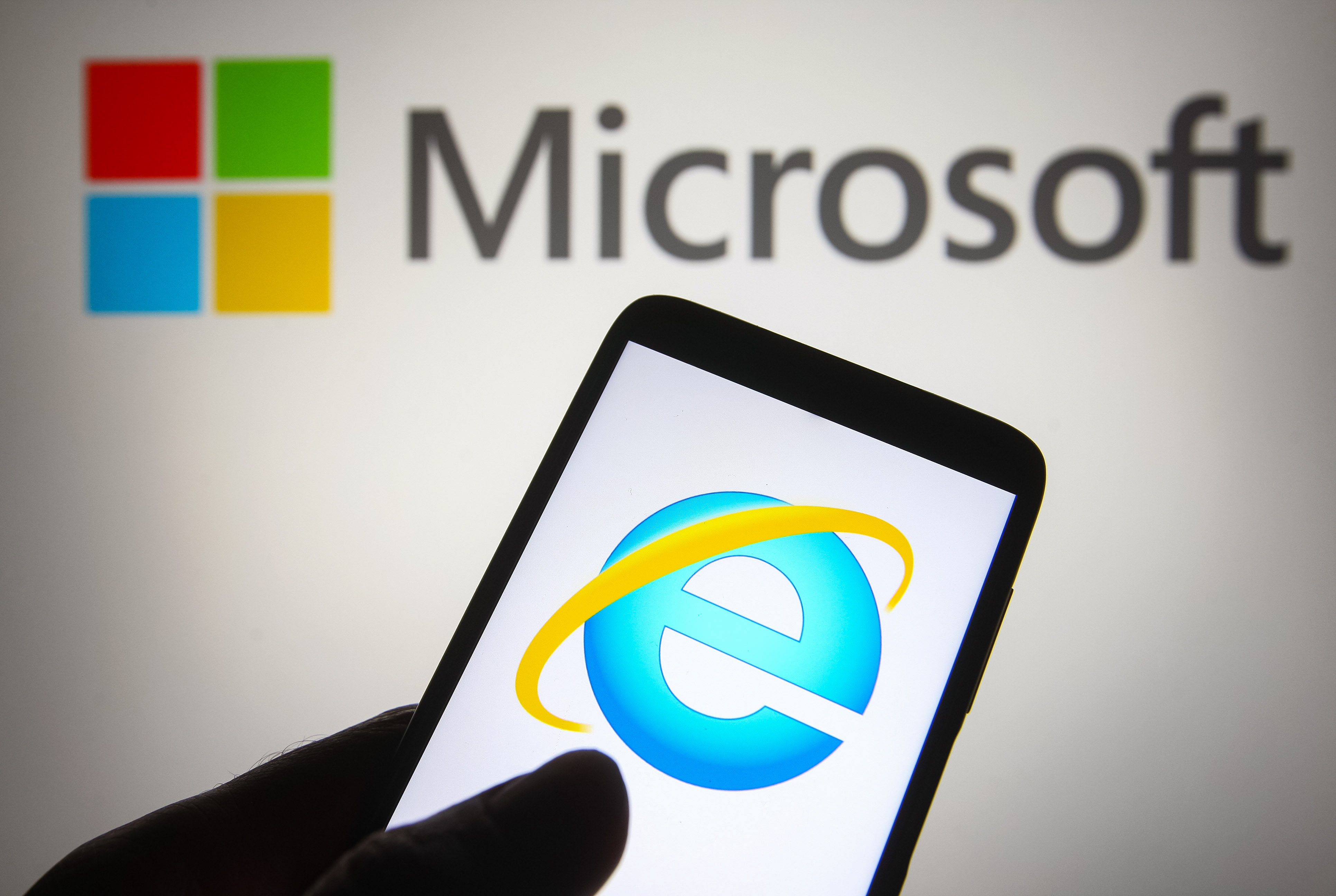Internet Explorer dies today — what you need to know
Microsoft’s Internet Explorer browser has been officially retired

Microsoft officially ends support for Internet Explorer June 15, 2022 at midnight. This marks the end of an era for the Redmond-based company, but it also has very real implications for those still using the 27-year-old web browser.
IE Explorer is dead: what this means for users
At this point, many users have likely shifted away from Internet Explorer. The news that Internet Explorer would be retiring on June 15, 2022, was reported over a year ago. For many people that signaled that it was time to move on.
But for those who were not ready to leave, or simply did not want to stop using the familiar browser, starting at midnight they will not have a choice. At that point, any attempt to open the Internet Explorer desktop app will automatically redirect you to Microsoft Edge.
Can anyone still use Internet Explorer after June 15?
Microsoft has stated that “This retirement does not affect in-market Windows 10 LTSC or Server Internet Explorer 11 desktop applications.” This largely applies to enterprise users of the software only, and most consumers will be unable to use the application. However, Microsoft Edge will continue to offer an in-browser legacy mode for websites that still require Internet Explorer.
What users need to do before Internet Explorer retires
The main thing users need to worry about is the bookmarks. The desktop application is being disabled, so users will not have access to any browser data going forward.
Microsoft Edge offers the easiest solution for this problem. All users have to do is enter the Microsoft Edge Settings menu, click on the Profiles section, and select “Import browser data.” Then it is as simple as selecting “Microsoft Internet Explorer” and clicking “Import.”
If you do not want to use Microsoft Edge, many other browsers also offer the ability to import bookmarks.
Get instant access to breaking news, the hottest reviews, great deals and helpful tips.
Internet Explorer alternatives
Microsoft Edge

The successor to Internet Explorer, Microsoft Edge has been the default browser for Windows since the debut of Windows 10. Because of that, it is also the most optimized for use with Windows OS. This contributes to small, but nice advantages over other browsers, such as improved Xbox Cloud Gaming performance. Plus, Edge is more memory-efficient than the competition.
Chrome

Chrome is incredibly popular. In fact, it is the most popular web browser on Earth. Google’s web browser is quick, is available on numerous platforms and is very easy to install. Plus, if you use a Chromebook or Android phone the ability to have a unified experience across devices may make this your preferred choice to Microsoft Edge as a web browser.
Firefox

Firefox is the one browser here that is not Chromium-based, though for most users that fact will not impact their user experience one way or the other. What will make an impact though is the recent refresh that Firefox underwent in 2021. This update improved tabs functionality, media autoplay and privacy protections.
Keep following Tom’s Guide on Facebook and Twitter for all the latest updates on Windows 11.

Malcolm has been with Tom's Guide since 2022, and has been covering the latest in streaming shows and movies since 2023. He's not one to shy away from a hot take, including that "John Wick" is one of the four greatest films ever made.
 Club Benefits
Club Benefits





